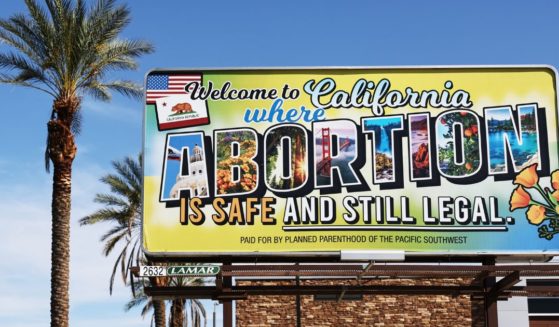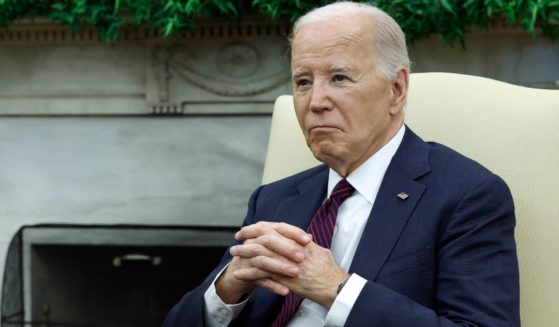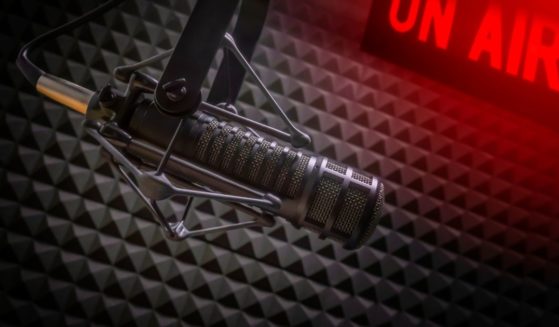These 18 States Will Raise Minimum Wage This Year
Minimum wage workers in 18 states received a pay increase at the start of 2018.
These wage increases were put in place by ballot initiatives that had been pushed by unions and workers rights groups over the past few years. Some of them are the start of phased-in steps toward a higher wage, according to The Hill.
Washington’s minimum wage will increase by 50 cents to $11.50 an hour. The ballot measure approved in 2016 will gradually increase the minimum wage in the state to $13.50 an hour.
Arizona, California, Colorado, Hawaii, New York, Rhode Island and Vermont will also increase their minimum wage by at least 50 cents.
Minimum wage workers in Maine will receive an 11 percent increase from $9 an hour to $10 an hour. By 2020, the minimum wage will be $12 an hour.
A senior fellow at the Center on Budget and Policy Priorities, Jared Bernstein, told The Hill that states have been raising minimum wages as a reflection of people with higher education taking low-wage jobs because fewer high-wage jobs are available.
“As the population of low wage workers has become a bit more upscale, many places are willing to adjust their minimum wages, especially given the pervasive research that supports moderate increases,” Bernstein said in an interview, according to The Hill. “States and localities have been increasingly willing to raise their own minimum wages as the federal value has been stuck at $7.25.”
Alaska, Florida, Michigan, Minnesota, Missouri, Montana, New Jersey, Ohio and South Dakota will receive smaller increases in minimum wage.
Many large cities will also increase the minimum wage as a result of the Fight for $15 campaign underwritten by the Service Employees International Union. The campaign tries to get large cities to adopt a $15 minimum wage, according to The Atlantic.
Managing director at the Employment Policies Institute Michael Saltsman warned that the city-specific minimum wage can hurt small employers, and sometimes lead to the closing of the business, The Hill reported.
“Generally, it’s shown that if you raise the minimum wage, you tend to see reductions in hours for younger employees,” Saltsman said.
A Twitter user expressed similar concerns, asking, “So what good is a higher wage if (it) drives out the actual business?”
Some states prohibit cities from trying to raise the minimum wage above the state-set wage, adopting preemptive measures. Bernstein explained that “states trying to impose preemption on their localities, disallowing increases” do “the bidding of low-wage employers.”
“States are understanding that regardless of where you stand on the merits of raising the minimum wage, having a state standard rather than a patchwork of local laws is better,” Saltsman said.
Minimum wage campaigns are circulating in Massachusetts, Michigan, Missouri and Ohio to try and get a measure on the ballot in 2018, according to The Hill.
Truth and Accuracy
We are committed to truth and accuracy in all of our journalism. Read our editorial standards.












